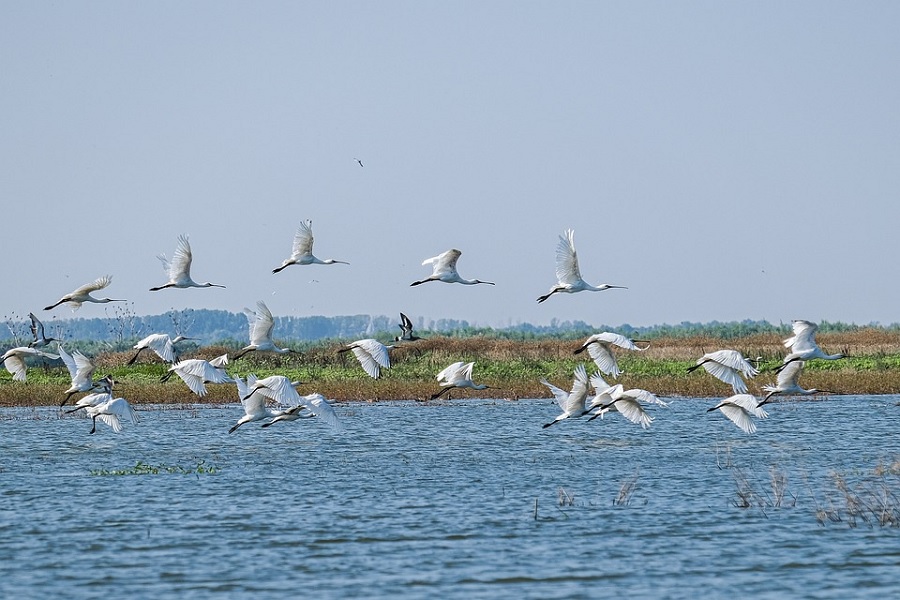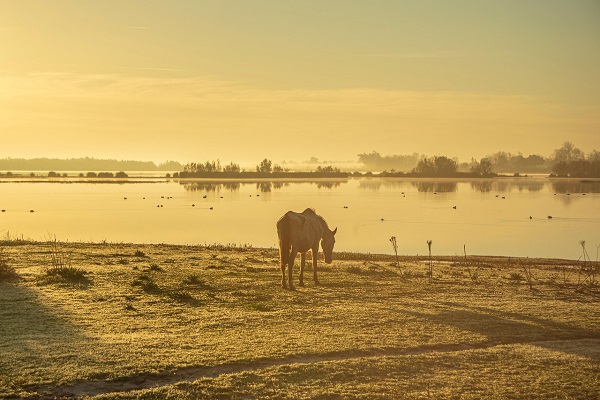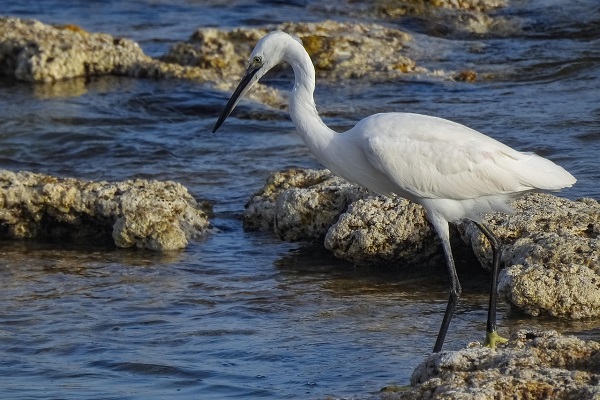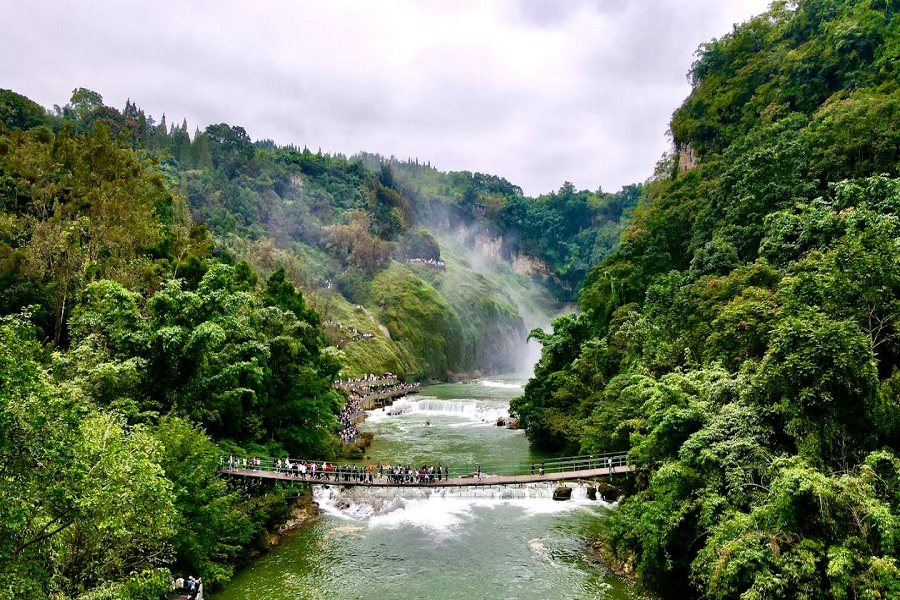Exploring the Earth : The Power of Ecotourism in Protecting Our Planet

In a world increasingly aware of the environmental challenges we face, ecotourism has emerged as a responsible and sustainable way to travel. Ecotourism is not just about visiting beautiful natural landscapes, but it is also about contributing to the preservation of the environment while fostering awareness and appreciation for the world's diverse ecosystems. This form of tourism emphasizes the importance of minimizing the negative impacts of tourism on the environment and local communities, ensuring that future generations can enjoy the planet's natural wonders as we do today.
Ecotourism, in its essence, focuses on traveling to destinations where the primary aim is to observe wildlife, appreciate nature, and engage in environmental conservation. It encourages visitors to be more responsible travelers by minimizing waste, respecting local cultures, and supporting sustainable businesses. Through ecotourism, travelers can make a meaningful contribution to preserving endangered ecosystems, biodiversity, and the cultures of the communities that depend on them.
Key Aspects of Ecotourism
1. Conservation of Natural Resources: One of the core principles of ecotourism is to support and fund environmental conservation initiatives. Many ecotourism destinations are located in sensitive ecological areas, such as national parks, wildlife reserves, and protected natural sites. By visiting these areas, travelers contribute to the maintenance and preservation of delicate ecosystems. A portion of the proceeds from ecotourism activities often goes directly to environmental protection projects, wildlife conservation programs, and habitat restoration efforts.
2. Wildlife and Biodiversity Preservation: Ecotourism gives travelers the chance to see wildlife in their natural habitats, often in remote and pristine locations. From African safaris to bird-watching trips in the Amazon rainforest, these experiences offer a unique opportunity to connect with the world’s diverse flora and fauna. However, ecotourism ensures that such activities are carried out in a way that does not disturb the animals or their environment. This form of tourism helps educate people about endangered species and the importance of preserving biodiversity.
3. Sustainable Travel Practices: Ecotourism encourages sustainable travel behaviors. This includes staying in eco-friendly accommodations, using local transportation, and reducing one's carbon footprint. Visitors are encouraged to bring reusable water bottles, avoid plastic waste, and adopt a leave-no-trace philosophy to preserve the natural surroundings. By choosing eco-conscious services and products, travelers help create an incentive for businesses to adopt green practices and reduce their environmental impact.
4. Supporting Local Communities: A key component of ecotourism is its focus on community involvement. Local communities are often directly involved in ecotourism activities, whether it's guiding tourists, running eco-lodges, or selling locally-made crafts. By engaging in ecotourism, visitors help support these communities economically, providing jobs and creating a sustainable source of income for residents. This support helps communities maintain their cultural heritage and foster an appreciation for the environment.
5. Educational and Awareness Opportunities: Ecotourism offers a unique educational experience for travelers. Many ecotourism activities are led by local guides or conservationists who provide detailed insights into the area’s ecosystem, wildlife, and environmental issues. Visitors learn about the importance of environmental stewardship, conservation efforts, and the delicate balance between humans and nature. By gaining this knowledge, tourists are better equipped to make informed decisions about their own environmental impact in the future.
Benefits of Ecotourism
* Environmental Protection: Ecotourism contributes to the protection of sensitive ecosystems by raising funds and supporting conservation efforts.
* Cultural Preservation: It helps preserve local cultures by providing a sustainable source of income for indigenous communities, allowing them to maintain their traditions without relying on exploitative practices.
* Local Economic Development: By supporting local businesses, ecotourism promotes sustainable economic growth in rural and remote areas, helping local populations improve their quality of life.
* Wildlife Conservation: Ecotourism raises awareness about endangered species and the need to protect their habitats, contributing to long-term conservation strategies.
* Personal Enrichment: For travelers, ecotourism provides enriching experiences, connecting them to nature and local cultures in a meaningful and impactful way.
Popular Destinations for Ecotourism
1. Costa Rica: Known for its vast biodiversity and commitment to conservation, Costa Rica is a prime example of how ecotourism can work. From the Monteverde Cloud Forest to the Tortuguero National Park, travelers can engage in eco-friendly activities like wildlife watching, hiking, and visiting eco-lodges.
2. Galápagos Islands, Ecuador: The Galapagos Islands are a UNESCO World Heritage site famous for their unique biodiversity and role in Charles Darwin’s theory of evolution. Ecotourism here focuses on preserving the delicate ecosystem while offering tourists unforgettable experiences with wildlife, such as giant tortoises and marine iguanas.
3. Borneo, Malaysia: Borneo is home to one of the world’s oldest rainforests and endangered species like orangutans and pygmy elephants. Ecotourism here promotes forest conservation, sustainable wildlife experiences, and cultural immersion with local communities.
4. South Africa: Known for its vast savannahs and wildlife reserves, South Africa offers excellent ecotourism experiences. Tourists can go on safaris in Kruger National Park or visit coastal reserves dedicated to conserving marine life.
5. Norway: The pristine fjords of Norway are ideal ecotourism destinations, where travelers can enjoy sustainable hiking, cycling, and boating tours. Norway is also a leader in promoting green travel initiatives, from electric vehicles to eco-friendly accommodations.
























